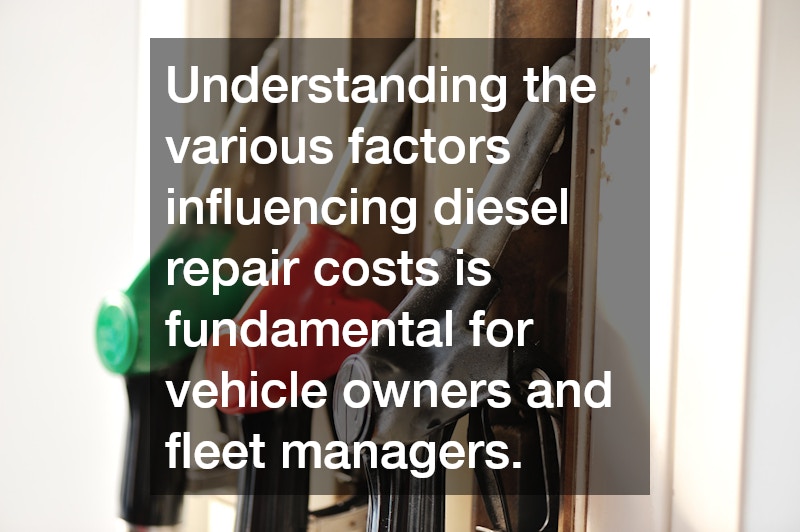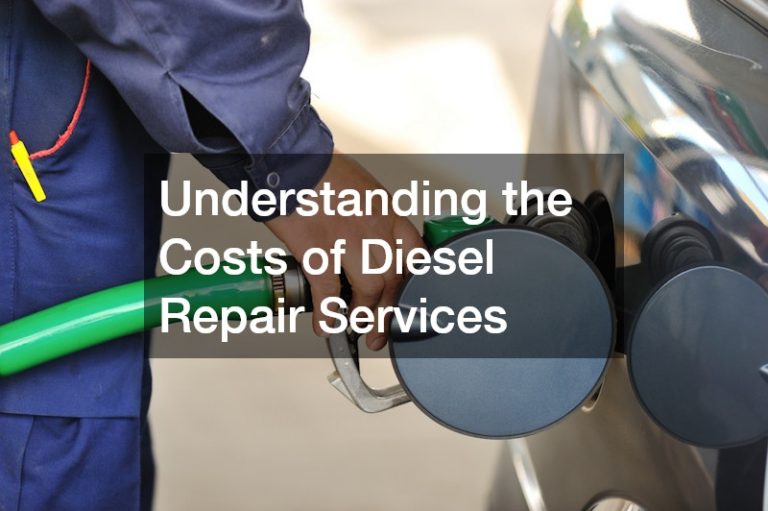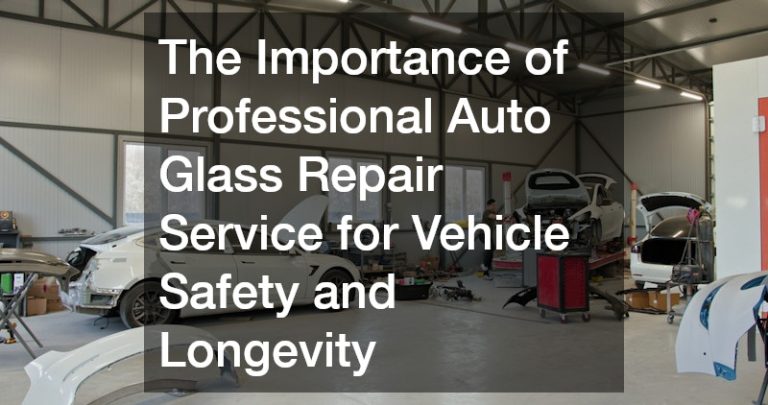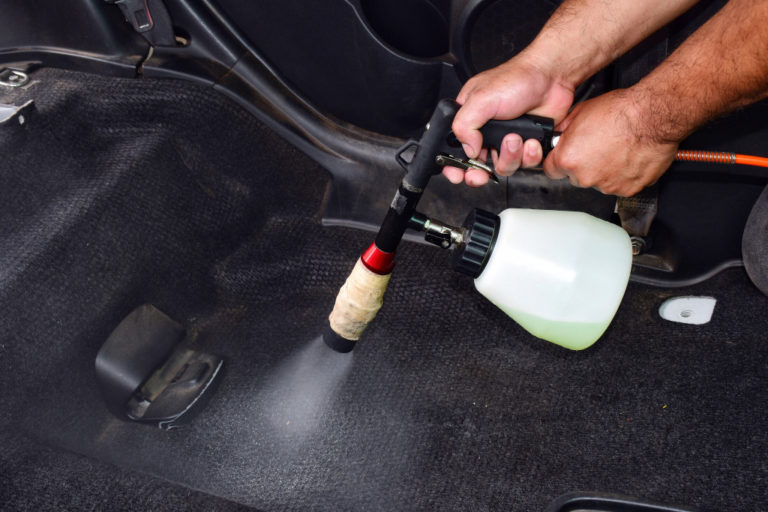Diesel repair services are crucial for maintaining the performance and longevity of vehicles that rely on diesel engines. Owners and fleet managers need to deeply understand the expenses involved in these services to make informed decisions that impact their budgets and operations. Knowing what drives the costs of diesel repair can help in both the immediate and long-term financial planning related to vehicle management.
What Factors Influence the Cost of Diesel Repair Services?
Complexity of the Repair
The complexity of a repair job is a major factor that can considerably affect the cost of diesel repair services. Intricate issues often require more time, precision, and expertise from technicians, thereby increasing labor costs. Furthermore, sophisticated repairs might involve advanced diagnostic procedures and specialized equipment that can contribute additional costs.
Complicated engine problems often mean that technicians must engage in thorough disassembly and reassembly processes, which can be time-consuming. The added time spent directly translates to higher labor rates, significantly impacting the final bill presented to the client. Vehicle owners can often avoid such costly scenarios through regular and proactive vehicle maintenance.
Lastly, training and certifications required to handle complex diesel repairs add to the labor costs, as certified technicians typically command higher hourly rates. This is because they possess the specialized knowledge and experience necessary for such tasks. As a result, vehicle owners might have to choose between paying these rates or compromising on quality, which is usually not advisable.
Cost of Replacement Parts
The price of replacement parts is another crucial component that affects the overall diesel repair costs. Original Equipment Manufacturer (OEM) parts tend to be more expensive but ensure compatibility and quality, whereas aftermarket parts may be cheaper but vary in reliability. Availability of parts can also drive up prices, especially when sourcing rare components for older or specialized diesel models.
Brand choices for replacement parts also influence the cost; high-end brands often come with a premium, reflecting their reputation for durability and performance. Conversely, budget brands might offer a more affordable option, though this may sometimes come at the expense of longevity. Fleet managers often need to balance the immediate cost savings with the potential for future repairs resulting from using lower cost parts.
Finally, the shipping and handling of parts can introduce additional expenses, especially for urgent repairs that require expedited delivery. Some repair shops might charge extra fees for handling parts sourced from external suppliers. It is therefore crucial for vehicle owners to be aware of these potential extra costs and factor them into their budgeting.
Labor Rates and Location
Geographical location plays a significant role in determining the labor rates for diesel repair services. Urban areas, where the cost of living is high, often see higher labor rates compared to rural locations. This difference often impacts fleet managers who operate across diverse geographic regions, necessitating a strategic approach to scheduling repairs.
The expertise level of technicians working on diesel engines also affects labor rates. Shops employing highly skilled mechanics with specialized diesel training tend to charge more. Despite the higher costs, many consider this a worthwhile investment for ensuring that complex repairs are performed correctly.
How Can Vehicle Owners Minimize Diesel Repair Costs?
Regular Maintenance
Implementing a routine maintenance schedule is an effective strategy to minimize diesel repair costs. Regular check-ups can help identify potential issues before they escalate into significant problems requiring costly repairs. Preventative measures, such as timely oil changes and engine diagnostics, can extend the lifespan of the vehicle and avoid the expense associated with unexpected breakdowns.
Routine maintenance, such as fluid and filter changes, can improve the efficiency and performance of diesel engines. A well-maintained engine operates more smoothly, reducing the wear and tear on parts, subsequently lowering the chances of requiring expensive replacements. Additionally, well-serviced vehicles tend to have higher resale values, presenting a further financial incentive for regular upkeep.
Understanding Warranty and Insurance Coverage
Understanding the details of warranty and insurance coverage can significantly aid in minimizing diesel repair costs. Many new vehicles come with a manufacturer’s warranty that covers certain repairs within a specified period, potentially saving owners significant amounts of money. It is essential for owners to familiarize themselves with what repairs and components are included under their warranty to avoid unnecessary expenditures.
Conclusion
In conclusion, understanding the various factors influencing diesel repair costs is fundamental for vehicle owners and fleet managers. From the complexity of repairs and the cost of parts to labor rates and geographical considerations, each aspect plays a vital role in determining the overall expenditure. By implementing strategies such as regular maintenance, choosing the right repair shop, and being aware of warranty and insurance coverage, owners can efficiently manage and mitigate the costs associated with diesel repairs.
.









